B.C. Premier rebuffs developers' request for foreign real estate investment
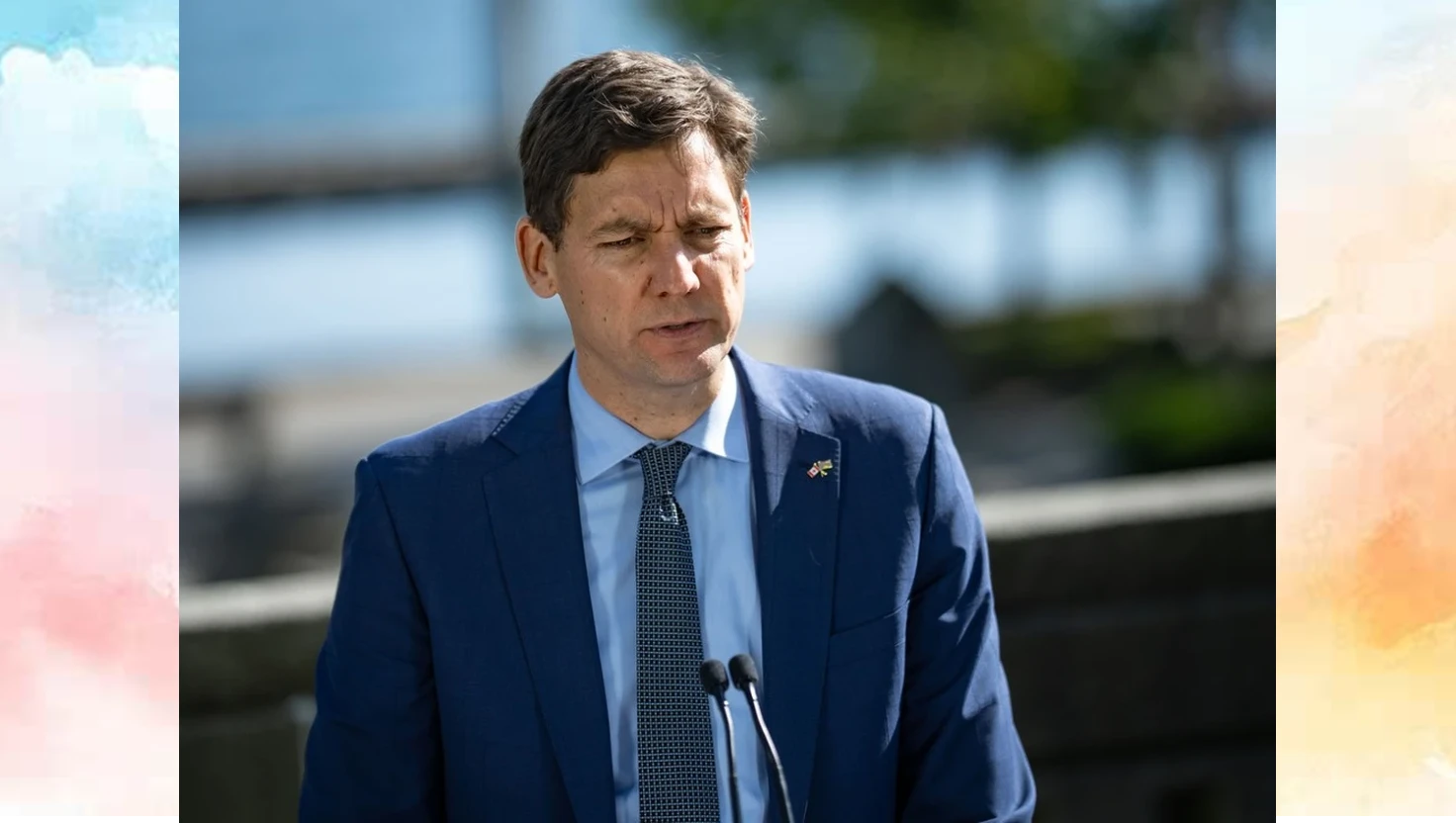
B.C. Premier rebuffs developers' request for foreign real estate investment
B.C. developers urge Canadian and provincial governments to ease the foreign buyer ban, but Premier David Eby and Minister Christine Boyle reject the proposal.
A coalition of prominent British Columbia real estate developers has urged federal and provincial authorities to reconsider policies restricting foreign investment in residential property, citing a sharp decline in housing starts and broader economic concerns. However, provincial leaders have dismissed the request, signalling no intention to return to what they describe as a failed model of real estate financing.
The appeal was made in a joint letter addressed to Canadian Prime Minister Mark Carney, federal Housing Minister Gregor Robertson, Premier David Eby, B.C. Housing Minister Christine Boyle, and Jobs Minister Ravi Kahlon. It was signed by senior figures from 25 major development firms, including Polygon, Amacon, Westbank, Strand, Mosaic Homes, and Intracorp, as well as industry groups such as the Independent Contractors and Businesses Association of BC.
The developers argue that the federal foreign buyer ban—introduced in January 2023 and extended to remain in effect until 2027—is exacerbating a downturn in the construction sector. They cite a 50% year-on-year drop in housing starts in March 2025 and a 30% decline in presale project launches this year, warning that delays and cancellations may worsen housing shortages in the years ahead.
Call to Revisit Foreign Investment Rules
The letter specifically urges governments to adopt a policy approach similar to Australia’s, where foreign investment is limited to new builds and presales, not existing homes. “This 2025 policy for new homes was designed to maintain the strength of their construction industry,” the developers wrote. They argue that foreign capital is often crucial for securing early-stage financing in large-scale housing projects, particularly through presales.
Kevin Layden, president of Vancouver-based Wesbild, described the current downturn as worse than the 2008 global financial crisis. “If projects don’t go forward, there will be an inventory decline in two-to-three years, which means we will not have enough homes for the population that we have,” he said. “We want to keep the pipelines moving.”
For many developers, the primary concern is that lenders often require up to 80% of condo units to be sold in presale before construction financing is released. Without access to international investors—who have historically played a major role in these early sales—developers say projects are increasingly unviable.
Government Response: ‘That Model Is Dead’
British Columbia’s political leadership offered a firm rebuttal. Premier David Eby said on Wednesday that his government would not return to an era of speculative foreign investment that drove up prices and hollowed out communities.
“We are not going back to the old model of doing things,” Eby stated. “What we saw was real estate prices become completely detached from what people are actually able to earn in British Columbia.” He cited the CURV development in Vancouver’s West End as an example of how international capital inflated land values beyond local market fundamentals.
“If foreign capital can help build housing for Canadians and British Columbians, great,” the Premier said. “But if the foreign capital is just housing that is going to sit empty in the middle of downtown Vancouver, well, forget about it. That model is dead.”
Housing Minister Christine Boyle echoed this stance, saying the province remains committed to cracking down on speculative investment. “We’re not going to stop cracking down on speculation. We don’t want to go back to the days when foreign investors were buying up empty condos and leaving neighbourhoods empty,” she said.
Boyle confirmed that while the federal government’s ban may have reduced the number of foreign purchases, British Columbia's foreign buyer tax remains in place and is expected to generate C$40 million in revenue in the coming year.
Federal Position Remains Unchanged
The federal Housing Ministry did not provide a direct response to the developers' request but reiterated the rationale behind the 2023 ban: to ensure housing stock is used for living, not speculation. In an emailed statement, the ministry noted the law was designed to “help ensure that those homes are used for Canadians to live in, not as a speculative asset class for foreign investors.”
Under current federal law, non-Canadians are prohibited from purchasing residential property, with some exceptions such as for larger multi-unit developments. The restriction, enacted through the Prohibition on the Purchase of Residential Property by Non-Canadians Act, was extended in 2024 by two years.
Context
Canada has been grappling with a nationwide housing affordability crisis for over a decade, driven by rapid population growth, supply shortages, and speculative investment. Foreign buyers have frequently been blamed for exacerbating price pressures, particularly in high-demand cities such as Vancouver and Toronto.
British Columbia introduced its foreign buyer tax in 2016 under a previous provincial administration. The current government, led by the New Democratic Party, has maintained and defended the measure despite pressures from the construction and development sectors.
Some economists have argued that carefully regulated foreign capital could support new housing supply. Tom Davidoff, a housing economist at the University of British Columbia’s Sauder School of Business, has suggested that foreign investment may be beneficial if targeted to new, occupied housing. “As long as they’re occupied, it’s great,” he said. “If you want a half million units a year, you need all the financing you can get.”
However, other experts and former urban planners have cautioned against reopening the doors to foreign capital without stronger safeguards. A separate open letter from Vancouver planning professionals recently advised the federal government not to “reintroduce foreign capital or investor demand to reflate prices artificially,” calling instead for federal investment in non-profit housing and preservation of existing affordable units.
For now, the provincial government remains resolute. “We’ll continue to listen and talk through ideas,” Minister Boyle said. “But we are not going back to the Wild West days of empty condos and foreign investment racking up the prices.”
The appeal was made in a joint letter addressed to Canadian Prime Minister Mark Carney, federal Housing Minister Gregor Robertson, Premier David Eby, B.C. Housing Minister Christine Boyle, and Jobs Minister Ravi Kahlon. It was signed by senior figures from 25 major development firms, including Polygon, Amacon, Westbank, Strand, Mosaic Homes, and Intracorp, as well as industry groups such as the Independent Contractors and Businesses Association of BC.
The developers argue that the federal foreign buyer ban—introduced in January 2023 and extended to remain in effect until 2027—is exacerbating a downturn in the construction sector. They cite a 50% year-on-year drop in housing starts in March 2025 and a 30% decline in presale project launches this year, warning that delays and cancellations may worsen housing shortages in the years ahead.
Call to Revisit Foreign Investment Rules
The letter specifically urges governments to adopt a policy approach similar to Australia’s, where foreign investment is limited to new builds and presales, not existing homes. “This 2025 policy for new homes was designed to maintain the strength of their construction industry,” the developers wrote. They argue that foreign capital is often crucial for securing early-stage financing in large-scale housing projects, particularly through presales.
Kevin Layden, president of Vancouver-based Wesbild, described the current downturn as worse than the 2008 global financial crisis. “If projects don’t go forward, there will be an inventory decline in two-to-three years, which means we will not have enough homes for the population that we have,” he said. “We want to keep the pipelines moving.”
For many developers, the primary concern is that lenders often require up to 80% of condo units to be sold in presale before construction financing is released. Without access to international investors—who have historically played a major role in these early sales—developers say projects are increasingly unviable.
Government Response: ‘That Model Is Dead’
British Columbia’s political leadership offered a firm rebuttal. Premier David Eby said on Wednesday that his government would not return to an era of speculative foreign investment that drove up prices and hollowed out communities.
“We are not going back to the old model of doing things,” Eby stated. “What we saw was real estate prices become completely detached from what people are actually able to earn in British Columbia.” He cited the CURV development in Vancouver’s West End as an example of how international capital inflated land values beyond local market fundamentals.
“If foreign capital can help build housing for Canadians and British Columbians, great,” the Premier said. “But if the foreign capital is just housing that is going to sit empty in the middle of downtown Vancouver, well, forget about it. That model is dead.”
Housing Minister Christine Boyle echoed this stance, saying the province remains committed to cracking down on speculative investment. “We’re not going to stop cracking down on speculation. We don’t want to go back to the days when foreign investors were buying up empty condos and leaving neighbourhoods empty,” she said.
Boyle confirmed that while the federal government’s ban may have reduced the number of foreign purchases, British Columbia's foreign buyer tax remains in place and is expected to generate C$40 million in revenue in the coming year.
Federal Position Remains Unchanged
The federal Housing Ministry did not provide a direct response to the developers' request but reiterated the rationale behind the 2023 ban: to ensure housing stock is used for living, not speculation. In an emailed statement, the ministry noted the law was designed to “help ensure that those homes are used for Canadians to live in, not as a speculative asset class for foreign investors.”
Under current federal law, non-Canadians are prohibited from purchasing residential property, with some exceptions such as for larger multi-unit developments. The restriction, enacted through the Prohibition on the Purchase of Residential Property by Non-Canadians Act, was extended in 2024 by two years.
Context
Canada has been grappling with a nationwide housing affordability crisis for over a decade, driven by rapid population growth, supply shortages, and speculative investment. Foreign buyers have frequently been blamed for exacerbating price pressures, particularly in high-demand cities such as Vancouver and Toronto.
British Columbia introduced its foreign buyer tax in 2016 under a previous provincial administration. The current government, led by the New Democratic Party, has maintained and defended the measure despite pressures from the construction and development sectors.
Some economists have argued that carefully regulated foreign capital could support new housing supply. Tom Davidoff, a housing economist at the University of British Columbia’s Sauder School of Business, has suggested that foreign investment may be beneficial if targeted to new, occupied housing. “As long as they’re occupied, it’s great,” he said. “If you want a half million units a year, you need all the financing you can get.”
However, other experts and former urban planners have cautioned against reopening the doors to foreign capital without stronger safeguards. A separate open letter from Vancouver planning professionals recently advised the federal government not to “reintroduce foreign capital or investor demand to reflate prices artificially,” calling instead for federal investment in non-profit housing and preservation of existing affordable units.
For now, the provincial government remains resolute. “We’ll continue to listen and talk through ideas,” Minister Boyle said. “But we are not going back to the Wild West days of empty condos and foreign investment racking up the prices.”
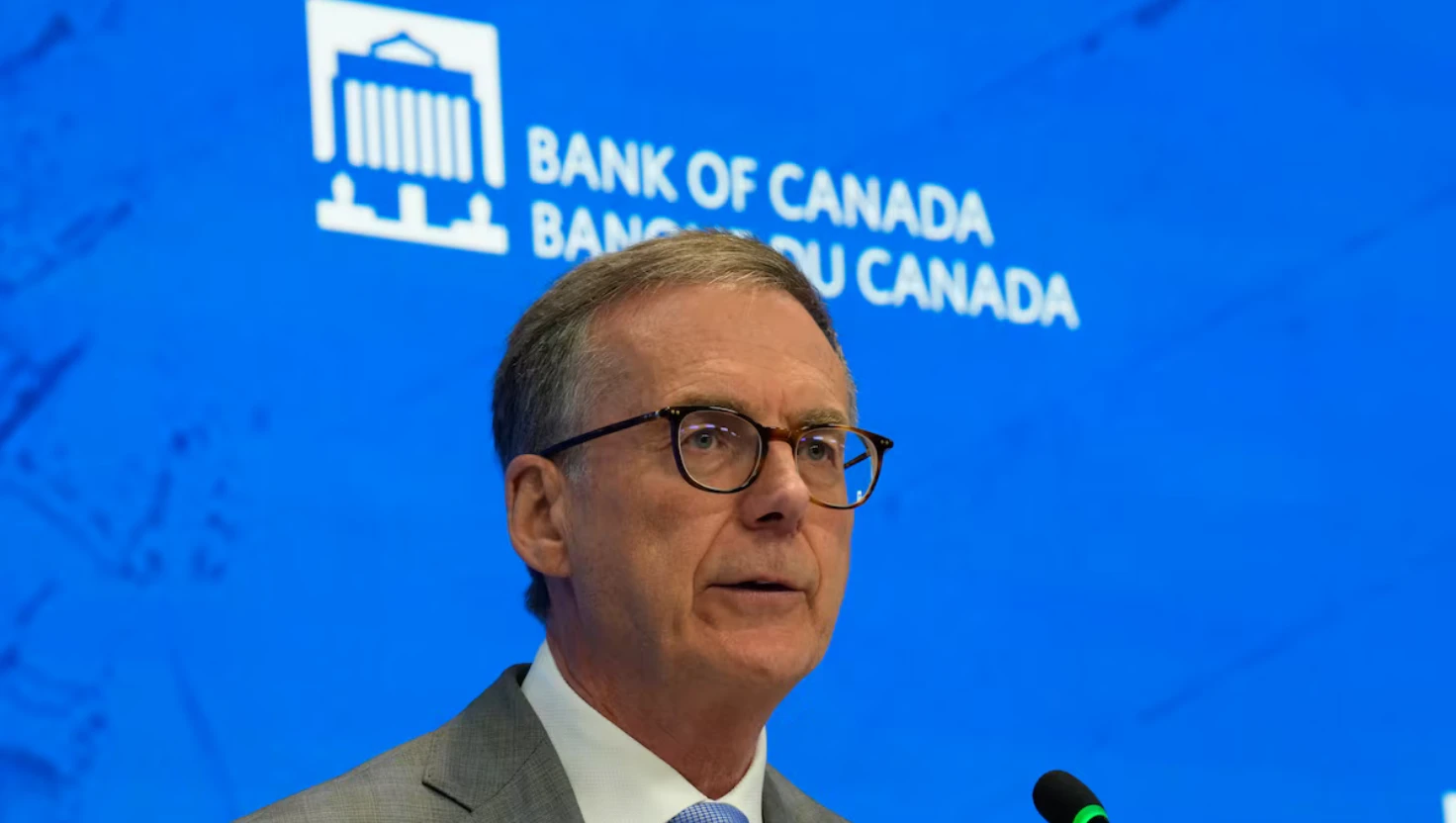
Bank of Canada holds interest rate steady in the face of tariffs
The Bank of Canada maintains its benchmark interest rate at 2.75%, citing a resilient economy amid ongoing global trade tensions and U.S. tariffs.
| 2025-07-31

North Effect: Climate change to spur higher demand for Canadian real estate
A new report reveals climate change is fuelling long-term demand for Canadian real estate, as global migrants seek climate-resilient destinations.
| 2025-07-31
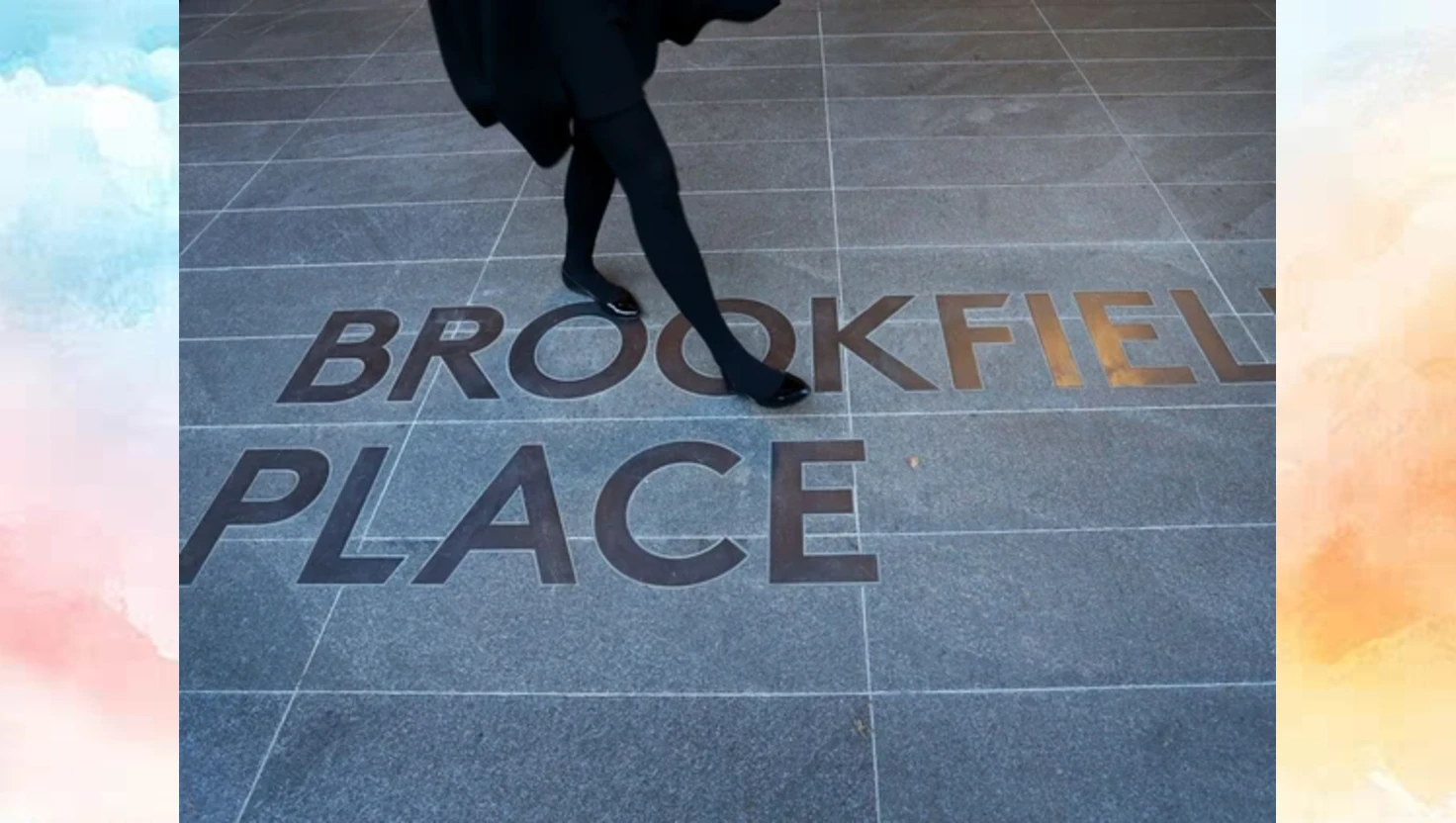
Brookfield Expands Mortgage Holdings with $2.9bn First National Deal
Brookfield and Birch Hill to acquire 62% of First National Financial in $2.9bn move, deepening Brookfield’s presence in Canada’s non-bank mortgage market.
| 2025-07-30
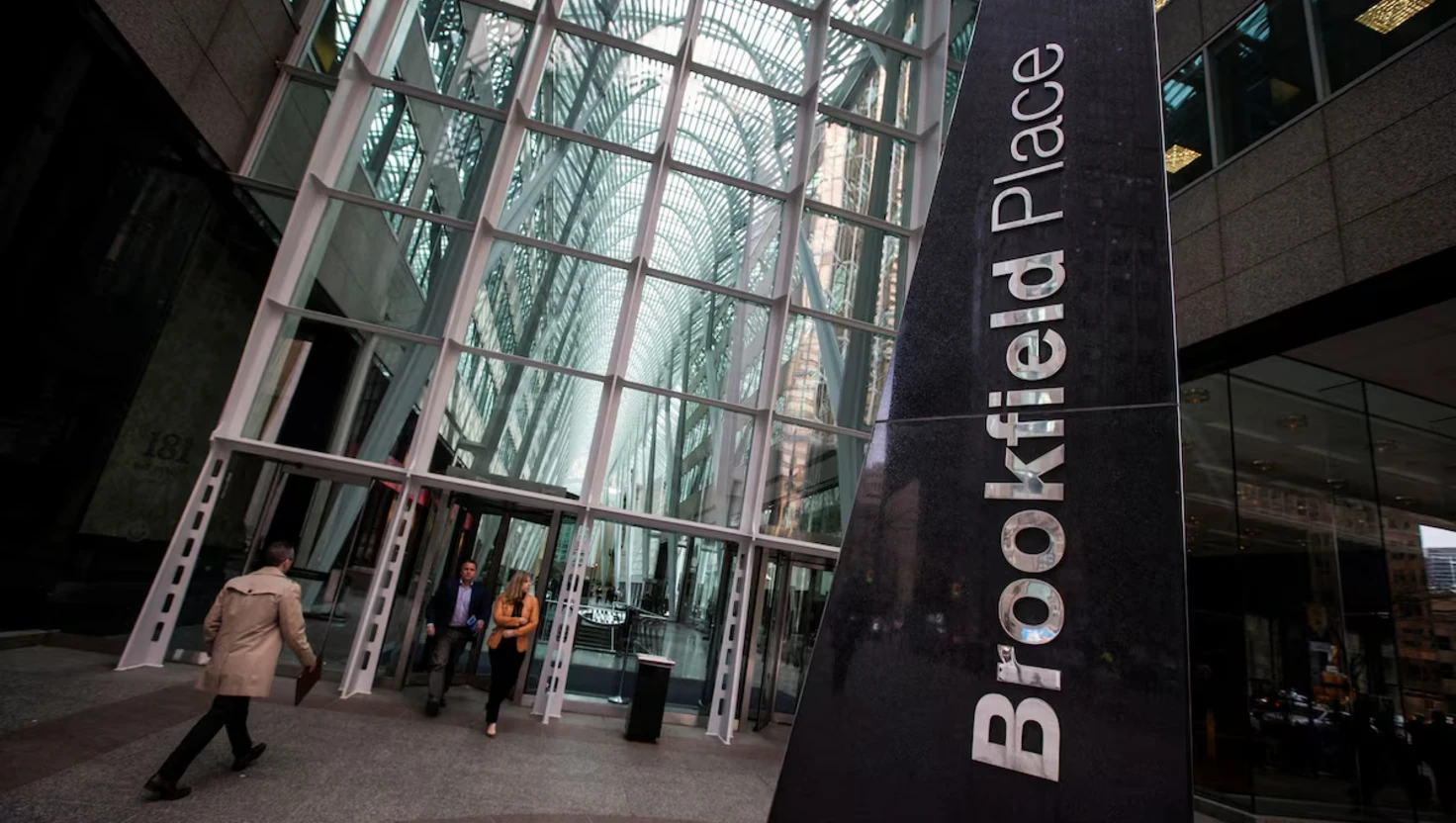
Brookfield and Birch Hill Acquire Majority Stake in First National
Brookfield and Birch Hill to purchase 62% of First National Financial for $1.8bn, marking a major shift in Canada’s non-bank mortgage sector.
| 2025-07-30
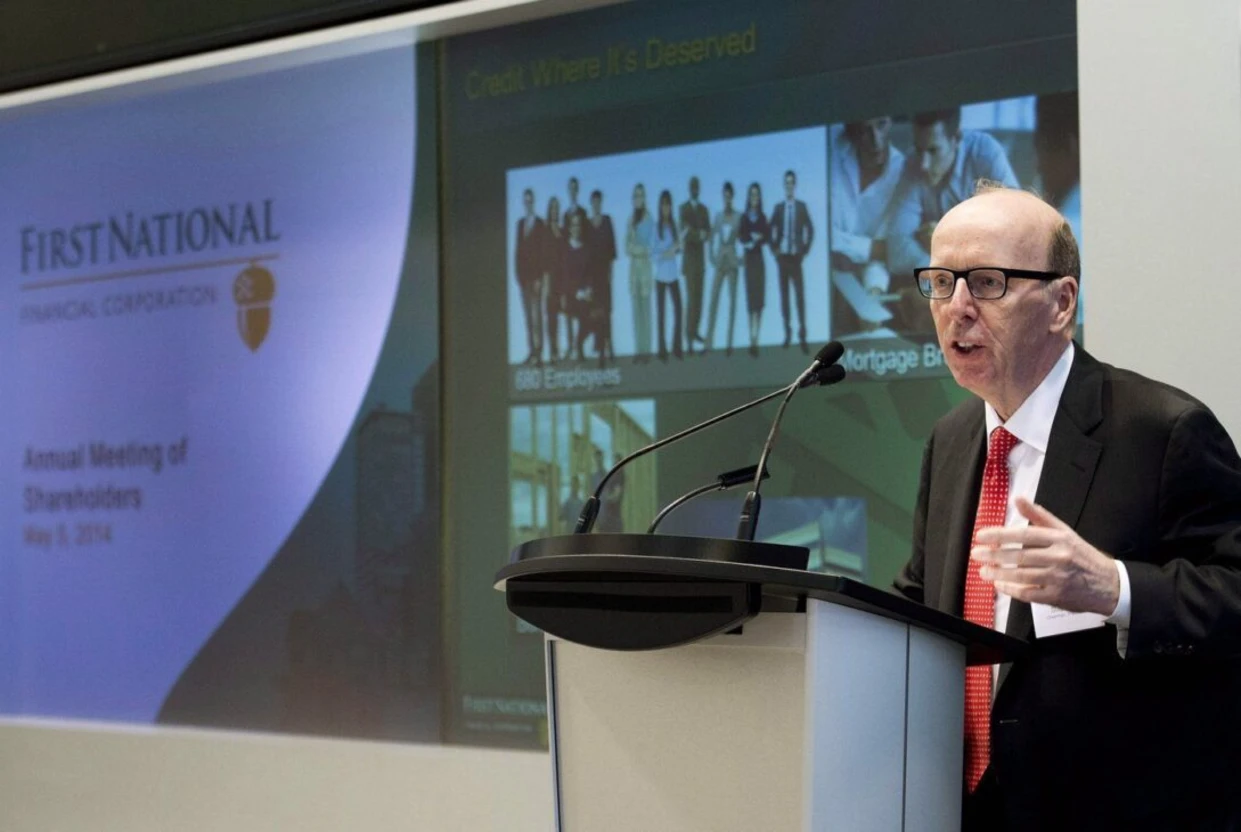
Birch Hill and Brookfield to Acquire First National in $2.9 Billion Deal
Brookfield and Birch Hill to acquire Canadian mortgage lender First National for $2.9 billion, with founders retaining a minority stake in the company.
| 2025-07-30




